EDITORIAL
Published on 16 Jul 2019
Editorial: Genetic Modification of Cardiac Tissue
doi 10.3389/fcvm.2019.00093
- 1,294 views
7,799
Total downloads
32k
Total views and downloads
You will be redirected to our submission process.
EDITORIAL
Published on 16 Jul 2019
ORIGINAL RESEARCH
Published on 17 May 2019
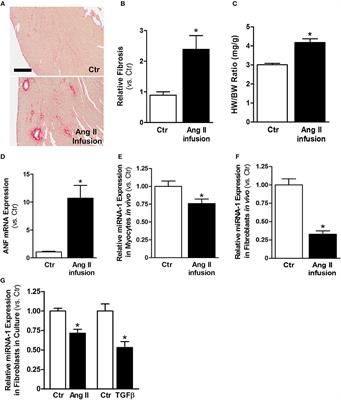
ORIGINAL RESEARCH
Published on 02 Apr 2019
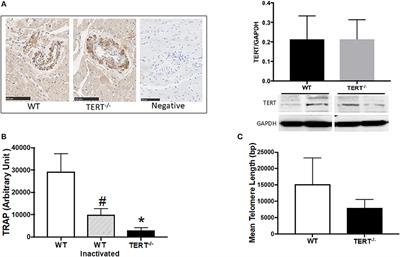
ORIGINAL RESEARCH
Published on 19 Feb 2019
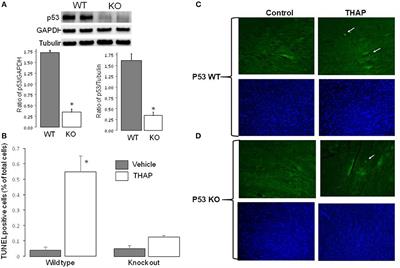
ORIGINAL RESEARCH
Published on 28 Jan 2019
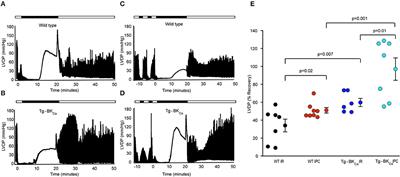
REVIEW
Published on 19 Sep 2018
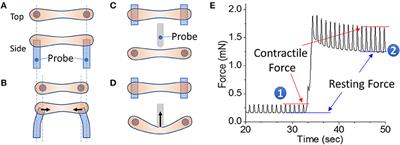
ORIGINAL RESEARCH
Published on 13 Aug 2018
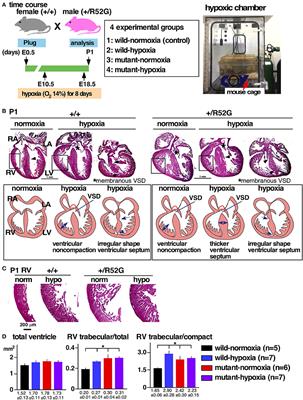
SYSTEMATIC REVIEW
Published on 09 Aug 2018

